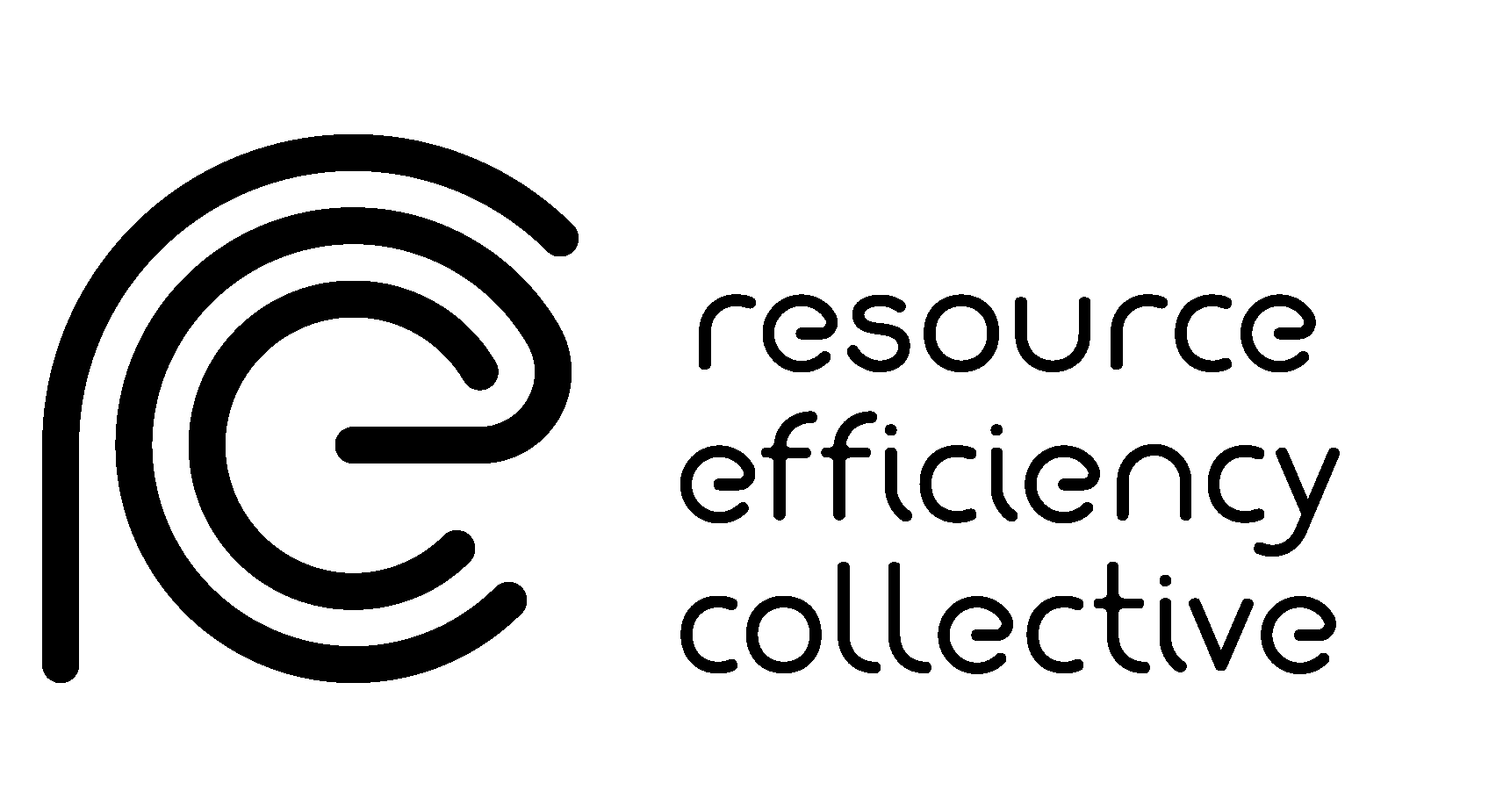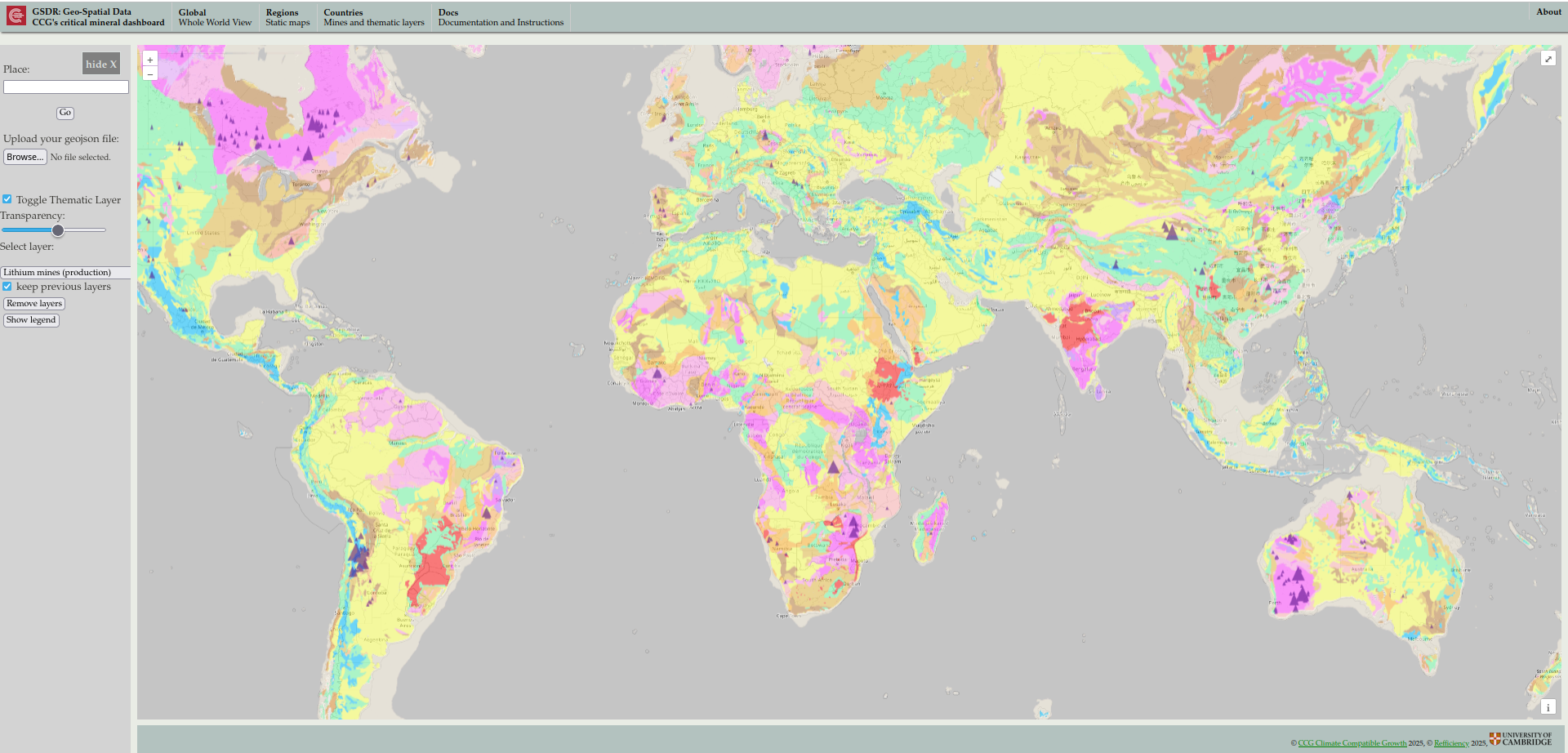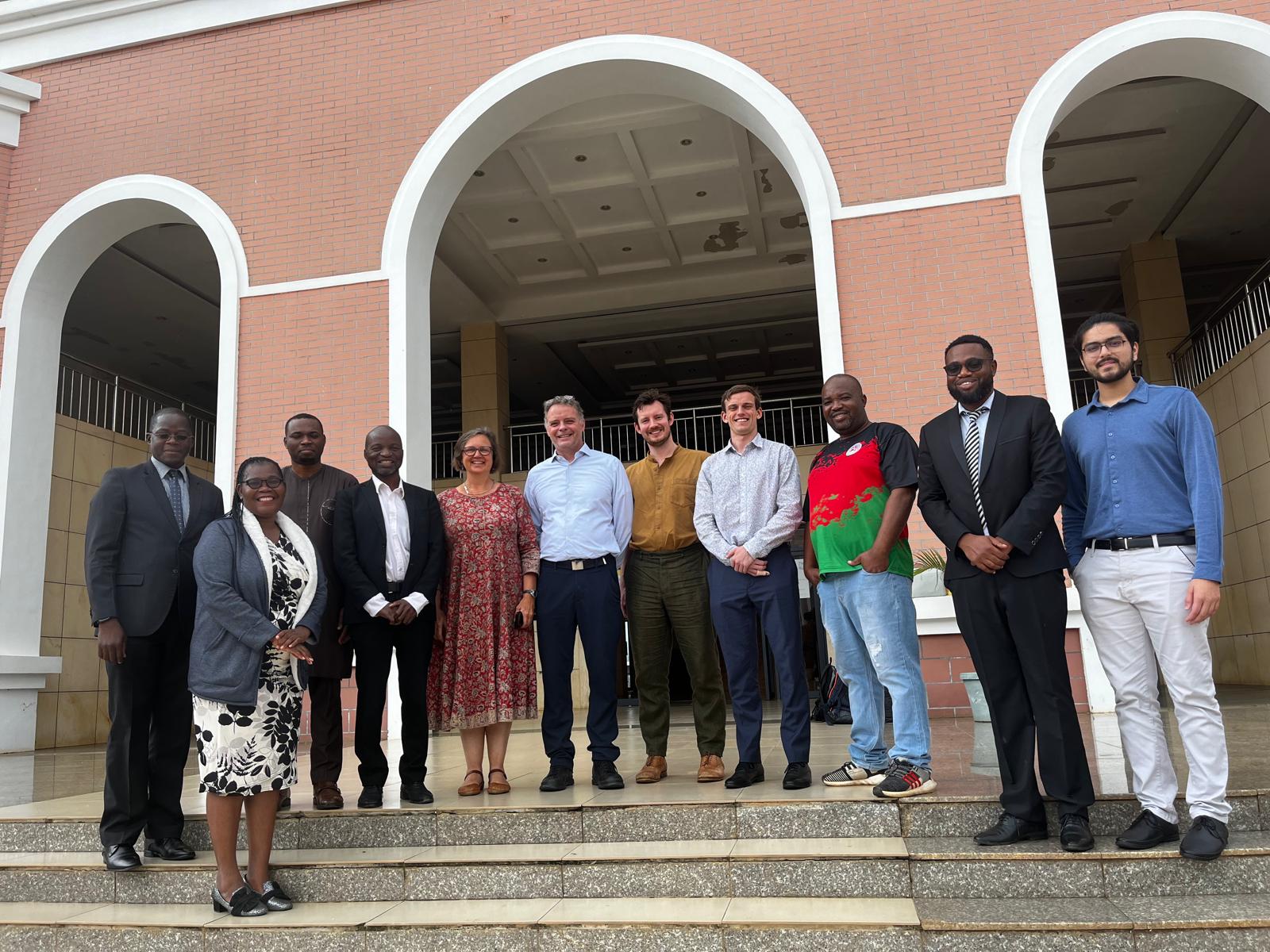Circular Economy Symposium – Towards a circular built environment: bridging the gap between research and practice
The Circular Economy Symposium was a one-day event hosted by the University of Sheffield at the Institution of Civil Engineers, London on the 30th June 2023. It included oral presentations and a poster session on the topic of promoting knowledge transfer between academia and industry for accelerating progress towards a circular built environment.
Research into integration of circular economy principles in product design and end-of-life recovery of building materials is accelerating, with 114 different definitions of the circular economy, as conceptualized by Kirchherr, Reike and Hekkert (2017). However, in the UK built environment sector, despite over 90% of non-hazardous construction and demolition waste being recovered (Defra, 2023), much of this is heavy materials including concrete, brick and asphalt which is downcycled into lower value products, such as aggregates (GCB, 2020). The Circular Economy Symposium facilitated the discussion between academic and industry experts to bridge the gap between research and practice by outlining opportunities and methods for smarter product design, extending the lifetime of materials through remanufacturing and the end-of-life recovery and storage of material stocks for repurposing.
The event showcased best practice case studies and innovative approaches to understanding the future dynamics of resource use, de-risking material reuse through material passports, building archetyping for urban mining and novel synthesis routes for material reprocessing. The event concluded with a panel discussion on the next steps for circular economy research focusing on how to facilitate further collaboration between academia and industry through data transfer.
The key opportunities identified for collaboration included improving the data on stocks of reusable materials and lifetime of products, development of insurance and warranties for reusable materials, a need for financial incentives for material recovery during demolition and crucially a need for standardisation on the reporting of material quantities and reuse potential for redevelopment.
Department for Environment, Food & Rural Affairs (2023) Official statistics, UK statistics on waste. https://www.gov.uk/government/statistics/uk-waste-data/uk-statistics-on-waste#recovery-rate-from-non-hazardous-construction-and-demolition-cd-waste Accessed: 4th July 2023.
Green Construction Board (2020) Zero Avoidable Waste in Construction: What do we mean by it and how best to interpret it. Technical Author: Katherine Adams. Editors: Robert Pearce and Jane Thornback of the Construction Products Association. https://www.constructionleadershipcouncil.co.uk/wp-content/uploads/2016/05/ZAW-Report-Final-Draft-25-February-2020.pdf
Kirchherr, J., Reike, D. & Hekkert, M. (2017) Conceptualizing the circular economy: An analysis of 114 definitions. Resources, Conservation and Recycling. 127, 221–232. doi:10.1016/j.resconrec.2017.09.005.
Image credit: Toa Heftiba













